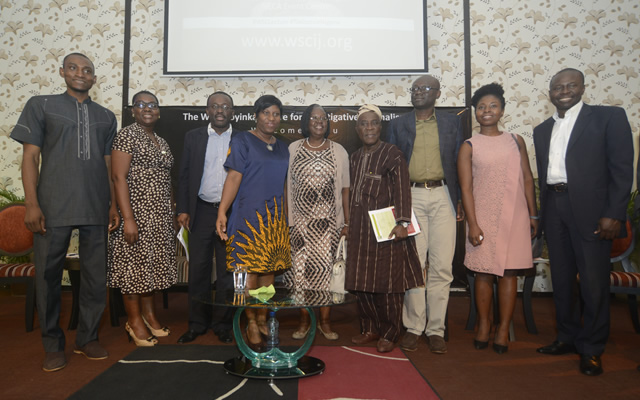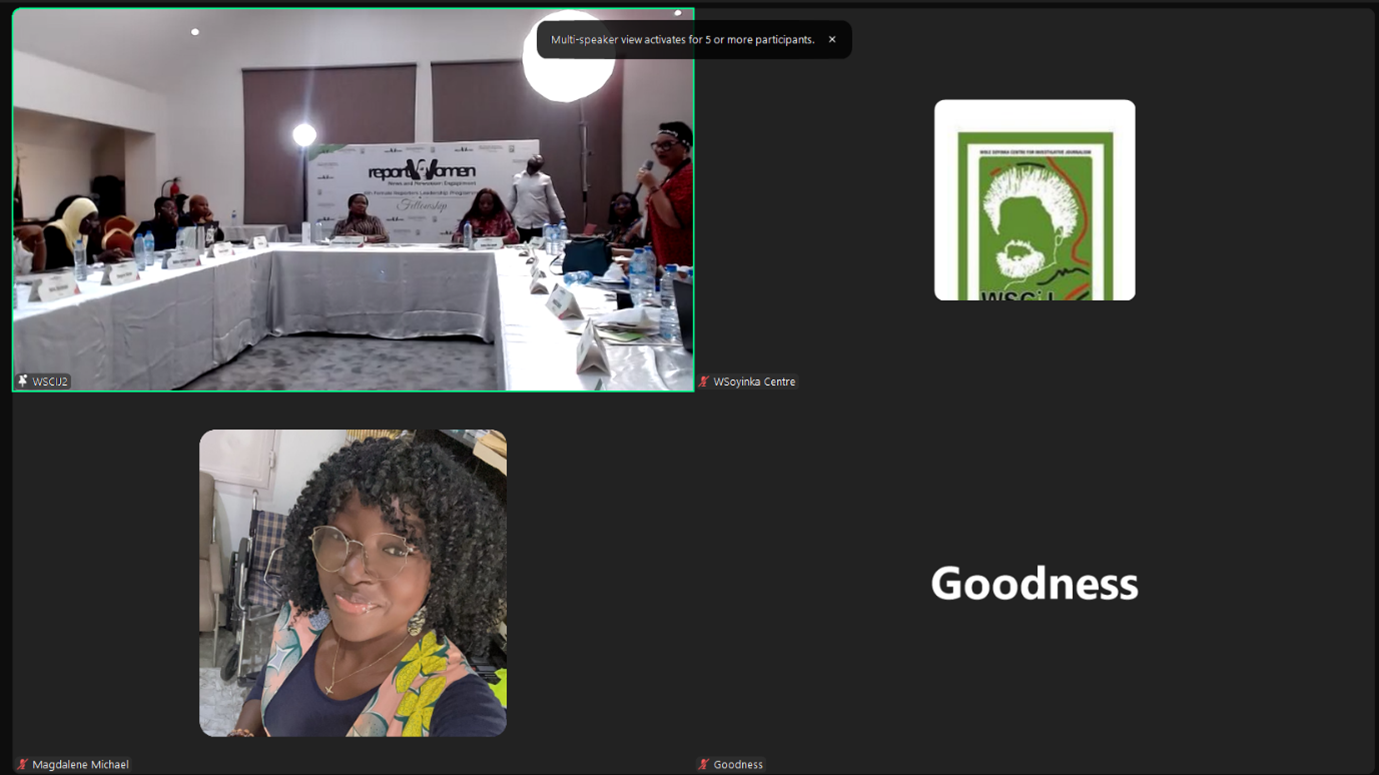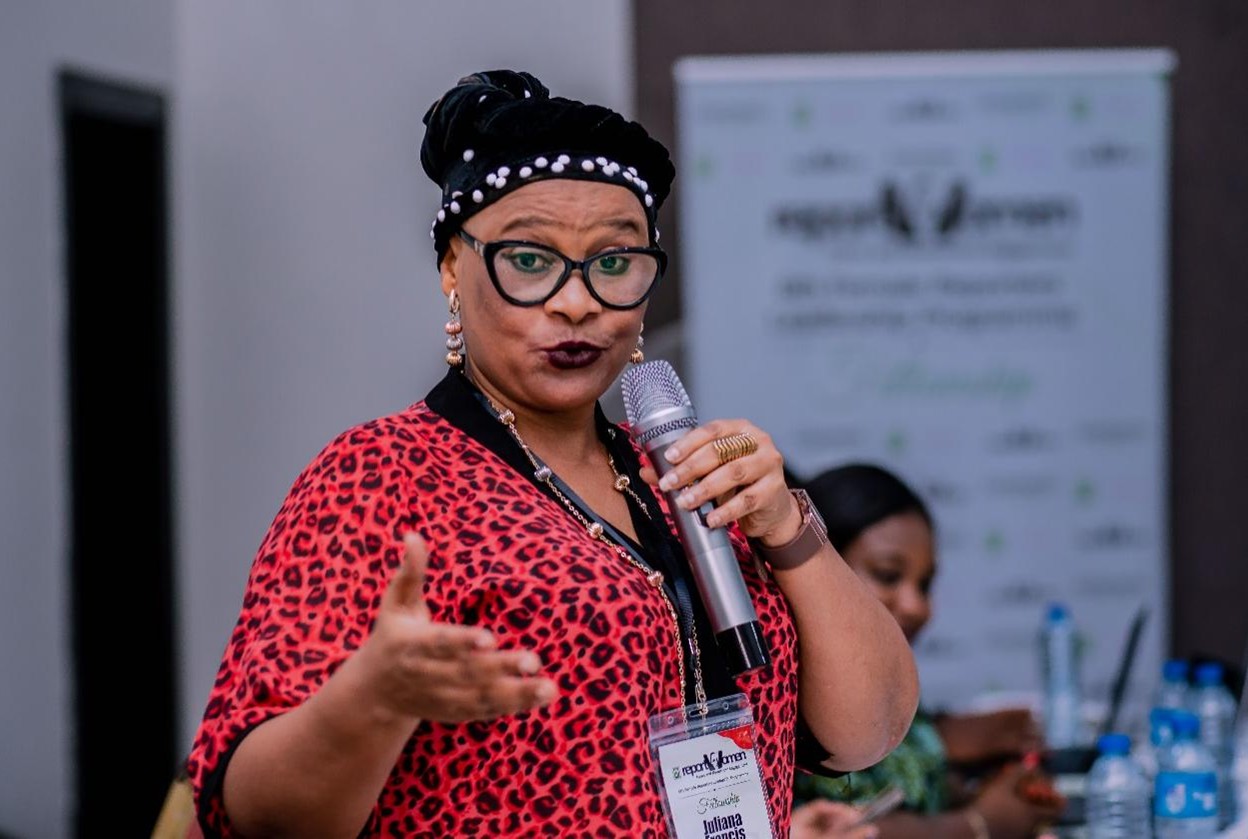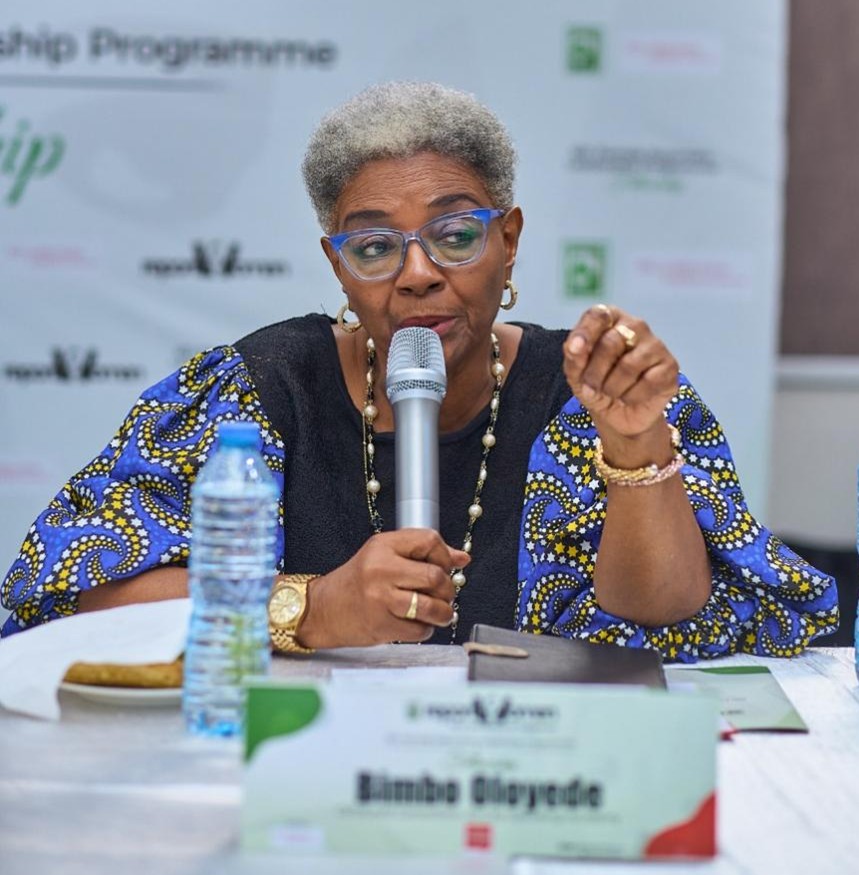Speakers at the 8th Wole Soyinka Centre Media Lecture Series have charged the Nigerian Government on the need to ensure an inclusive, simplified and automated tax regime in the country. The lead speaker, Adebimpe Balogun, who was the first female president of the Chartered Institute of Taxation of Nigeria (CITN), stated that the problem of taxation in Nigeria is with the administration of the system. An example according to her is with the difficulty to get tax refund in the cases of tax credit in the country.
The Chairman of the Federal Inland Revenue Service (FIRS), Babatunde Fowler represented by, Wahab Gbadamosi, Head Communication and SERVICOM department, in his remark, said journalists should be better informed on tax issues and leverage on data available to educate their audience. He said the agency is putting everything in place to ensure people pay their taxes effectively.
A discussant at the lecture Edobong Akpabio, Vice President of NECA’s Network of Entrepreneurial Women (NNEW), stated that 97% of businesses in Nigeria are from the Small and Medium Scale Enterprises (SMEs). She said due to varying challenges, one of which is taxation, many SMEs in Nigeria die before their fifth birthday. Akpabio stated that the lack of communication and proper customer service orientation exhibited by tax officials at agency outlets was another challenge and stressed that, “tax offices should be conducive for tax payers and free of miscreants”.
Emuesiri Agbeyi, a tax Partner at PricewaterhouseCoopers, during the discussion, added that the country’s tax system is one of the most difficult globally, quoting statistics from the World Bank Doing Business Report. To resolve the challenge, she suggested that the tax system should be made simple and easy for comprehension. She added that issues of tax credit and tax reforms should be made very clear as this would encourage tax compliance. Emuesiri, also emphasised the need to simplify the language used in tax laws to understandable English as most of the laws were written in the sixties.
A civil society representative, Abubakar Jimoh, who is the Communication, Information and Public Officer of the Civil Society Legislative Advocacy Centre (CISLAC), added that tax authorities need to have effective response to tax payers to get more revenue. Also, CEO/Founder of The Cable Newspaper, Simon Kolawole stated that the country had been distracted up until now by revenue from oil. According to him, the media’s role in taxation is to educate government and the society. He added that taxation is a tool of relationship, thus it is the prosperity of businesses that can build compliance.
The Executive Director, Systemspecs owners of Remita, Deremi Atanda, during the discussion asked why corrupt persons would feel more comfortable to pay tax in religious settings, but finds it difficult to pay tax to government. He said the use of technology would help reduce the cost of tax collection. Atanda however lamented that it is unfortunate that there is no e-payment law in Nigeria to drive the need as the bill has been neglected for many years in the National Assembly.
While opening the event, the Board Chair of the Wole Soyinka Centre for Investigative Journalism (WSCIJ), Ropo Sekoni enjoined all participants to play their role in ensuring there is a successful tax regime in the country. He said as much as government has their role, citizens have responsibilities too. Sekoni added that the media also has the duty of ensuring the discussion on tax is left on the front burner to ensure the needed effect in the society.
Other participants who came from the private sector, civil society, small and medium scale enterprises and the media raised critical questions on how taxation affects them; how important it is to development; why there is low compliance rate; the need to deploy technology to increase ease of payment and issues concerning trust of government for wise use of funds generated.
The WSCIJ Coordinator, Motunrayo Alaka lauded all speakers and participants for being part of the vibrant conference. She said she hoped the discussion would continue, most especially amongst the general public who are the most hit by the challenges of taxation. According to her, the lecture is the organisation’s entrance into what she hopes would be a robust engagement on tax issues in Nigeria, especially with the media, towards contributing to a just tax system in Nigeria.
Some of the guests at the meeting included representatives of the Manufacturers Association of Nigeria, Chartered Institute of Taxation of Nigeria, media organisations, Nigerian Press Council, non-governmental organisations, the Netherlands Embassy in Nigeria, Small and Medium Enterprises Development Agency of Nigeria, Association of Professional Bodies of Nigeria, Nigerian Institute of Journalism, Nigerian Association of Small and Medium Enterprises, the National Association of Nigerian Theatre Arts Practitioners and leaders of corporate organisations.
The Wole Soyinka Centre Media Lecture Series is an annual progamme of the WSCIJ held to raise debate on critical issues affecting Nigeria while commemorating the birthday of the Nobel Laureate who turns 82 this year.
Signed
Motunrayo Alaka
Centre Coordinator
motunrayo@wscij.org
Lecture Note








